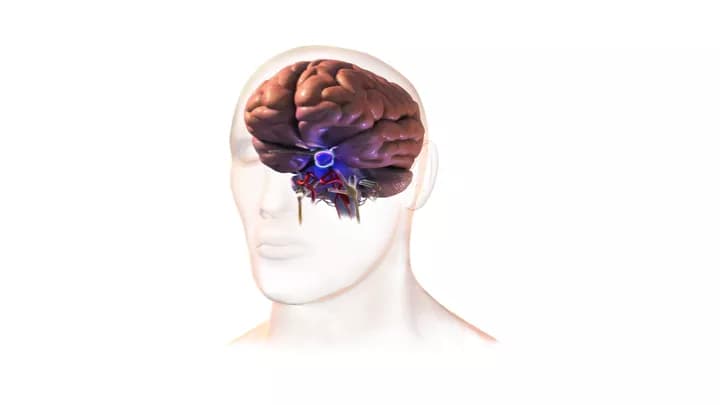
Adipose Tissue May Affect Cancer Development In Multiple Ways
Adipose tissue, or fat, may influence the development of cancer in diverse ways, depending on the type of fat and the location in the body, outlines new research in Cancer Prevention Research, a journal of the American Association for Cancer Research. The main author is Cornelia M. Ulrich, PhD, Senior Director of Population Sciences at the Huntsman Cancer Institute at the University of Utah in Salt Lake City.
"Obesity is increasing dramatically worldwide, and is now also recognized as one of the major risk factors for cancer, with 16 different types of cancer linked to obesity," Ulrich said. "We urgently need to identify the specific mechanisms that link obesity to cancer."
Ulrich explained that previous research has shown several ways that fat contributes to carcinogenesis. For example, obesity increases the risk of inflammation, which has long been associated with cancer. Also, obesity is believed to affect cancer cell metabolism and immune clearance, all of which can contribute to the growth and spread of tumors, she said.
The relationship between fat and carcinogenesis also depends upon "crosstalk," or the ways cells react when the same signal is shared by more than one signaling pathway in two different cell types, Ulrich explained. Identifying ways to interrupt the crosstalk could help researchers identify new cancer prevention strategies.
How the Study Was Conducted and Results: In this study, Ulrich and colleagues, including researchers from the University of North Carolina, conducted a literature review of PubMed/Medline, covering publications from January 1946 to March 2017, seeking studies that explored crosstalk between adipose tissues and carcinomas. They ultimately found 20 primary research publications that specifically addressed the topic, illustrating the novelty of this work.
Ulrich said the review provided a deeper look into the mechanisms of carcinogenesis. For example, several studies showed that adipose stromal cells have the power to infiltrate cancer lesions and promote the growth of tumors. These cells were found in greater number in obese prostate cancer and obese breast cancer patients, studies showed.
Ulrich said the review also showed how some types of fat are more "metabolically active," secreting more substances that led to the growth of cancer. There are three different types of fat: white, brown, and beige; and each acts differently and is present in different amounts depending on where the fat is located. For example, the review noted, white adipose tissue has been associated with inflammation, and in breast cancer patients, has been associated with worse prognosis.
Ulrich's study analyzed the effects of fat on breast, colorectal, esophageal, endometrial, prostate, and ear-nose-throat cancer, taking into consideration the proximity of adipose tissue relative to the organs. For example, Ulrich explained, in colorectal cancer, adipose tissue is typically located adjacent to tumors, whereas in breast cancer, adipose tissue is part of the direct tumor microenvironment.
Ulrich said that future research would be useful in evaluating the role of tissue distance in the obesity-cancer connection, and whether there are ways to intercept the processes that fuel tumor growth.
"We are just beginning to unravel the ways crosstalk occurs and the substances involved," Ulrich said. "The more we understand this process, the better we can identify targets and strategies for decreasing the burden of obesity-related cancer." She cited metabolomics, an emerging field of study that analyzes small molecules called metabolites to "cast a broad net that catches previously unknown substances exchanged between fat cells and cancer."
Ulrich added that the study supports the importance of maintaining a healthy body weight. Because fat exists both under the skin and deeper inside the body, even slender people may have excess fat surrounding internal organs. Healthy diets and exercise that includes strength training to build lean muscle mass can help fight the development of excess fat, she said.
Materials provided by American Association for Cancer Research. Note: Content may be edited for style and length.
Disclaimer: DoveMed is not responsible for the accuracy of the adapted version of news releases posted to DoveMed by contributing universities and institutions.
References:
Caroline Himbert, Mahmoud Delphan, Dominique Scherer, Laura W. Bowers, Stephen Hursting, Cornelia M. Ulrich. (2017). Signals from the Adipose Microenvironment and the Obesity–Cancer Link—A Systematic Review. Cancer Prevention Research. DOI: 10.1158/1940-6207.CAPR-16-0322
Related Articles
Test Your Knowledge
Asked by users
Related Centers
Related Specialties
Related Physicians
Related Procedures
Related Resources
Join DoveHubs
and connect with fellow professionals

0 Comments
Please log in to post a comment.